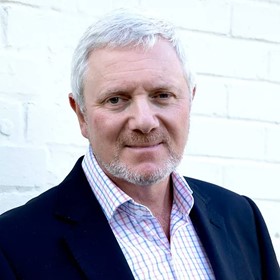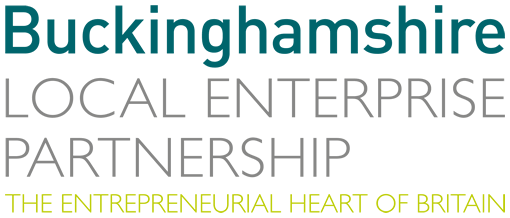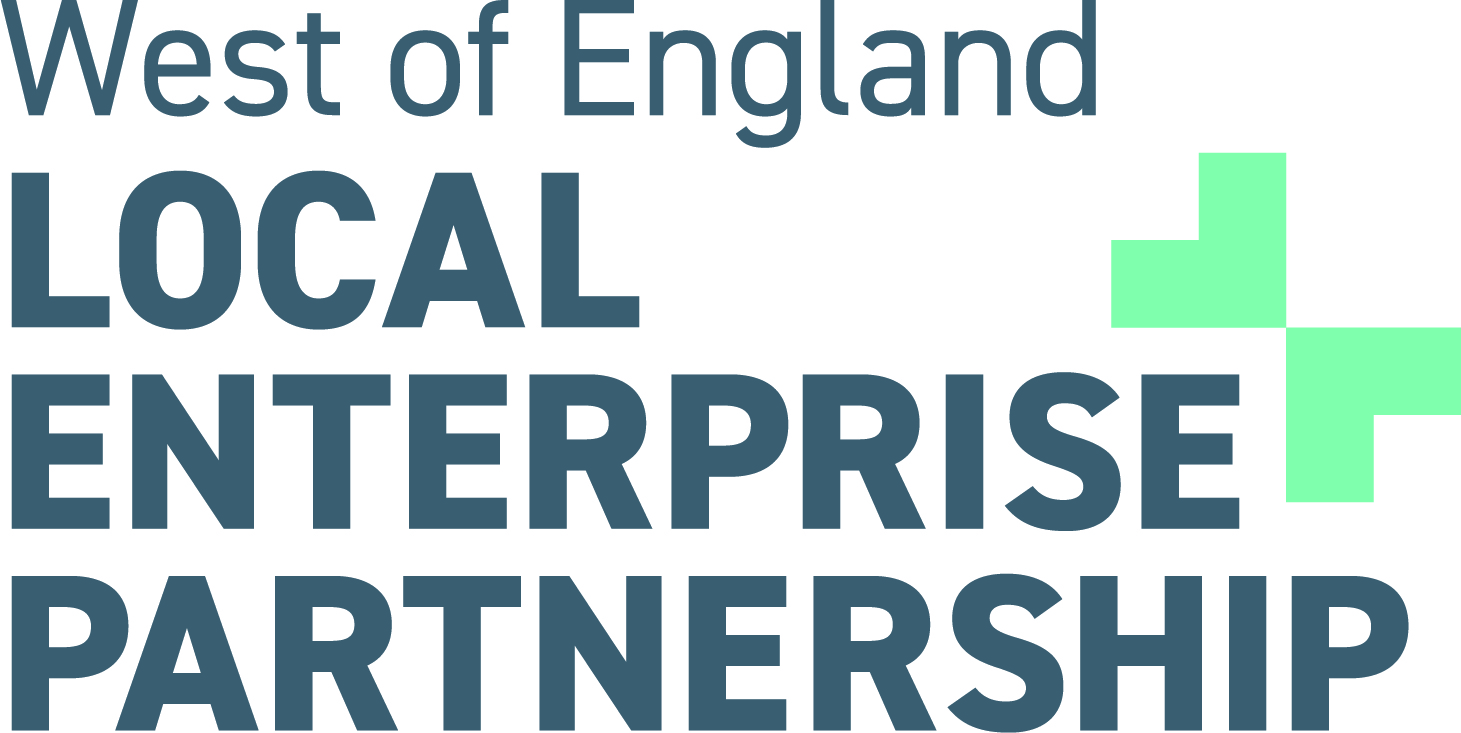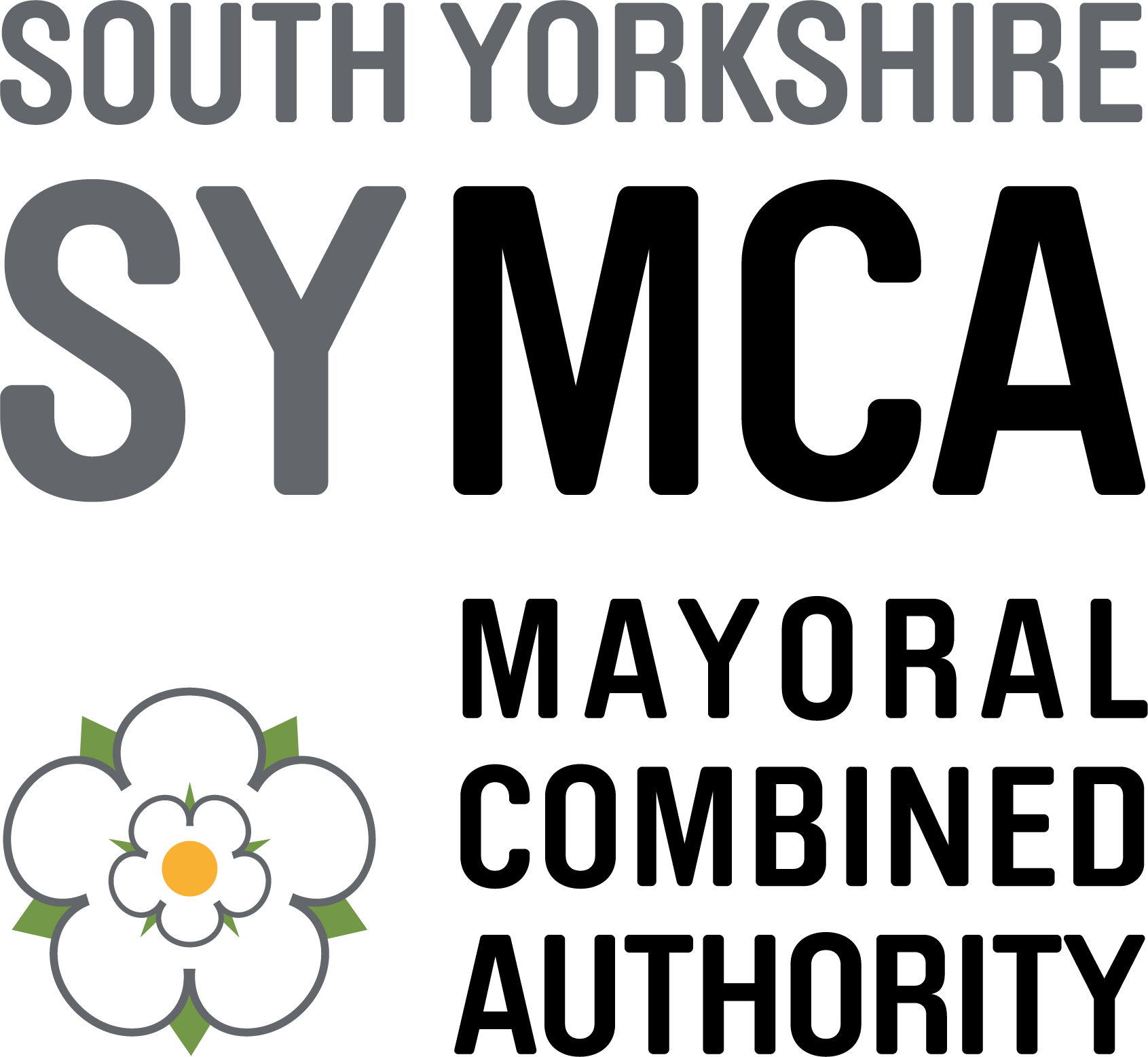Posted on:
26th July, 2021
Tackling the 'challenge of our times'
As the urgency to achieve Net Zero becomes ever more real, the way all businesses manage their carbon output will play a major role in enabling that transition. In this latest update, LEP Network Chair, Mark Bretton points to some encouraging signs as LEPs help firms across the country tackle what John Kerry called “the challenge of our times”.

"It was a timely visit by John Kerry, the ‘US Special Presidential Envoy for Climate’, to the Royal Botanic Gardens at Kew Gardens in July.
Just as he was galvanizing world leaders to take action on the climate, the Meteorological Office and Public Health England issued their first ever ‘Extreme Heat Warning’ for the very country he was speaking from.
Restating the urgency of ‘the challenge of our times’, he called on all economies to come forward with plans to cut emissions by the time of COP26 in Glasgow this November. “While it may be unfolding in slow motion to some, this test is as acute and as existential as any previous one.”
The record-breaking extremes we’ve seen around the world this month show just how acute and existential that test is going to be.
The UK is playing its part, setting ambitious climate targets that aim to achieve Net Zero by 2050, but for that to happen, action must come from all sectors of business. It’s not just about big power generators, it’s the way companies and people behave that will help shift the dial for the UK.
That was clear when I opened a BEIS event in the South West in July as part of a national programme ‘Your Business Journey to Net Zero’, with Net Zero Champion, Andrew Griffith MP, appointed by the Prime Minister to engage and mobilise the UK's business community on Net Zero, and the Minister for Investment, Lord Grimstone.
That journey - with all the challenges and opportunities it brings along the way, especially for SMEs adapting to the changing environment – is one we must all take if we are to reduce our historic hunger for the carbon intensive world we’re so used to. The role of SMEs as a collective group in doing this is part of the solution.
Listening to how key sectors and SME businesses are tackling the practical implications of a net zero economy shows many are well on their way. By sharing their experiences, challenges and opportunities, they are helping other businesses accelerate their journey, and LEP Growth Hubs are a great enabler for that.
From hospitality and tourism to construction and energy, LEP Growth Hubs are helping every single sector play their part in getting the UK to a position where the amount of greenhouse gas we produce is no more than the amount that is offset or sequestered – our Net Zero.
I see LEPs across the country leading much of their local green revolution. Faster decarbonising of electricity, transport, and housing, directing historic levels of innovation and investment in the ground-breaking technologies that will embed change, and accelerating the UK to a green economy that will create real jobs for local people. That’s as much a business success as a climate success.
And it’s business and SMEs that drive that.
There is a huge variety of spin off and supply chain opportunities that these new innovations are creating. For example, floating wind technology opens a new category of future renewable generation and could be a game changer in the UK. This new industry alone could attract over £550 million of capital investment in the coming years, helping to build globally important technology, skills and expertise.
But it’s not just about power generation – our habitual consumption, and the technology behind it, is also a critical part of the picture. Electric vehicles are on a clear growth trajectory, putting a high demand on natural resources like lithium, central to the battery tech that drives them. The Prime Minister ‘s recent visit to open the £130m UK Battery Industrialisation Centre in Coventry highlights how the Coventry and Warwickshire LEP worked with local councils, and business to make these concepts a reality, and deliver the opportunities they bring for jobs and the wider regional economy.
This is about all businesses – many of these technologies are new firms or starting to adapt in new markets. What amazed me at the BEIS Net Zero event was the scale of the cross section of firms that are already adapting - whether creating value from plastic waste, developing sustainable fishing methods, creating new strategies to challenges in the hospitality sector, innovative approaches to building materials and construction, or the initiatives underway in product development - SMEs can help set the pace.
LEPs and their Growth Hubs across the country are enabling and supporting businesses to invest in new fledgling developments that help drive green technology and innovation. Whether it’s the North East on its way to becoming the UK’s first cluster for low carbon heat innovation, developing geothermal technology and lithium extraction in the South West, hydrogen developments in the Humber, or Hertfordshire’s sustainability-focused enterprise zone, Herts IQ, in the south which is backed by a trio of LEPs and aims to decarbonise one of the UK’s largest business parks.
We know this journey can be challenging, but SMEs are also among the most adaptable to meet those challenges, and LEP Growth Hubs are there to support businesses on their journey, with over four million helped to date, and they’re free.
As John Kerry said in an earlier address at a climate summit in Washington, what was once climate ‘change’ is now climate ‘crisis’. The urgency to adapt is real, there’s lots of help for businesses to do that, and by working together and learning from each other, we will succeed.
If any businesses need any further advice or help, please make use of the Energy Hubs, BEIS, LEP Growth Hubs, please contact LEP Network Chief Executive, Mark Livesey, at mark@lepnetwork.net"




































 Back
Back
 View cookie policy
View cookie policy